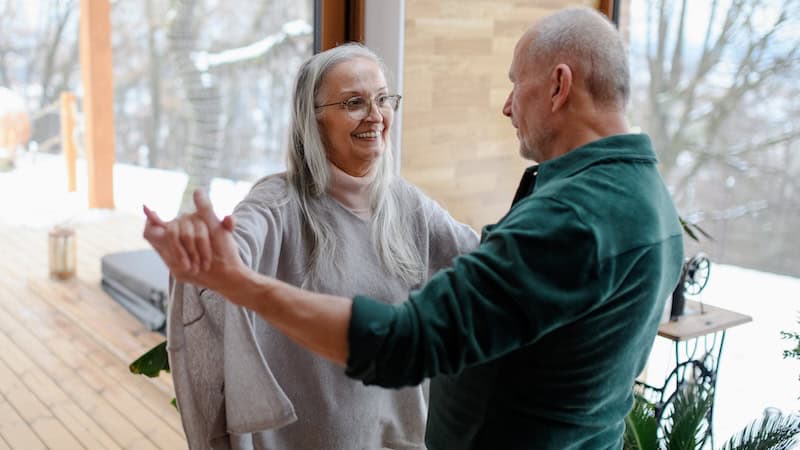Ask Amy: Chronic Depression Is a Constant Topic
There's more to this sister than her illness

Dear Amy: I am an adult female in my 50s who has lived with ongoing, treatment-resistant major depression for most of my adult life.
I have, for the most part, accepted that it will probably always be something I have to deal with, to one extent or another; although the severity of it does vary. And I do my best to keep it under control with medication and therapy.
The problem, though, is that my sister only seems to see that part of me.
She means very well and is genuinely concerned for me.
I understand that, and I appreciate her concern, but almost every communication I get from her is about my depression. For example, suggestions about things I should be doing differently; lots and lots of unsolicited advice; frustration if I don’t always implement her suggestions, etc.
How do I get her to understand, that even though I appreciate her concern, the barrage of “suggestions” can sometimes come across as judgment or criticism? Especially when advice has not been requested?
Also, how can I gently suggest that I’d like to talk about other aspects of my life than just mental illness?
I feel like all she sees in me is brokenness.
– There is More to Me than My Illness
Want to get even more life tips from Amy? Read more of her advice columns here!
Dear There is More to Me: Any person living with serious chronic illness must wrestle with this question of identification; it is vital that others realize that their own expressions of compassion and concern can come across instead as a desire to control the outcome.
My own theory is that when people constantly offer suggestions and unsolicited advice – they are actually expressing their own very deep anxieties.
Depression is an isolating illness; your sister’s eagerness to connect and talk about it seems to result in you feeling even more isolated from her.
I hope you will express exactly how you feel: “I know you are worried about me, but when you only want to discuss my depression, I feel like all you see in me is brokenness. I am so much more than my illness. If I promise you that I will gratefully let you help me if things are bad, can you trust me that I’m managing pretty well? I long for a sense of normalcy and would really like to talk about other things. I really miss that!”
Your sister might be sitting on her own valid fears about what might happen to you if you are in a severely depressed phase, but she needs to understand that her fears are hers – not yours – to manage.
I highly recommend writer and psychologist Andrew Solomon’s TED talks, and especially his masterful and comprehensive book on depression, “The Noonday Demon: An Atlas of Depression” (2011, Scribner).
Solomon’s own depression led him to study the illness, and his insight is both unique and helpful. He writes: “Depression is the secret that every family has.”
In the tradition of the great personal advice columnists, Chicago Tribune’s Amy Dickinson is a plainspoken straight shooter who relates to readers of all ages. She answers personal questions by addressing issues from both her head and her heart. A solid reporter, Dickinson researches her topics to provide readers with informed opinions and answers. Ask Amy, P.O. Box 194, Freeville, NY 13068
© 2021 by Amy Dickinson


